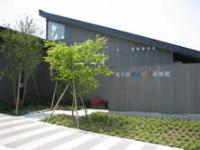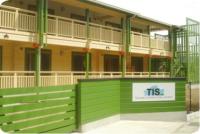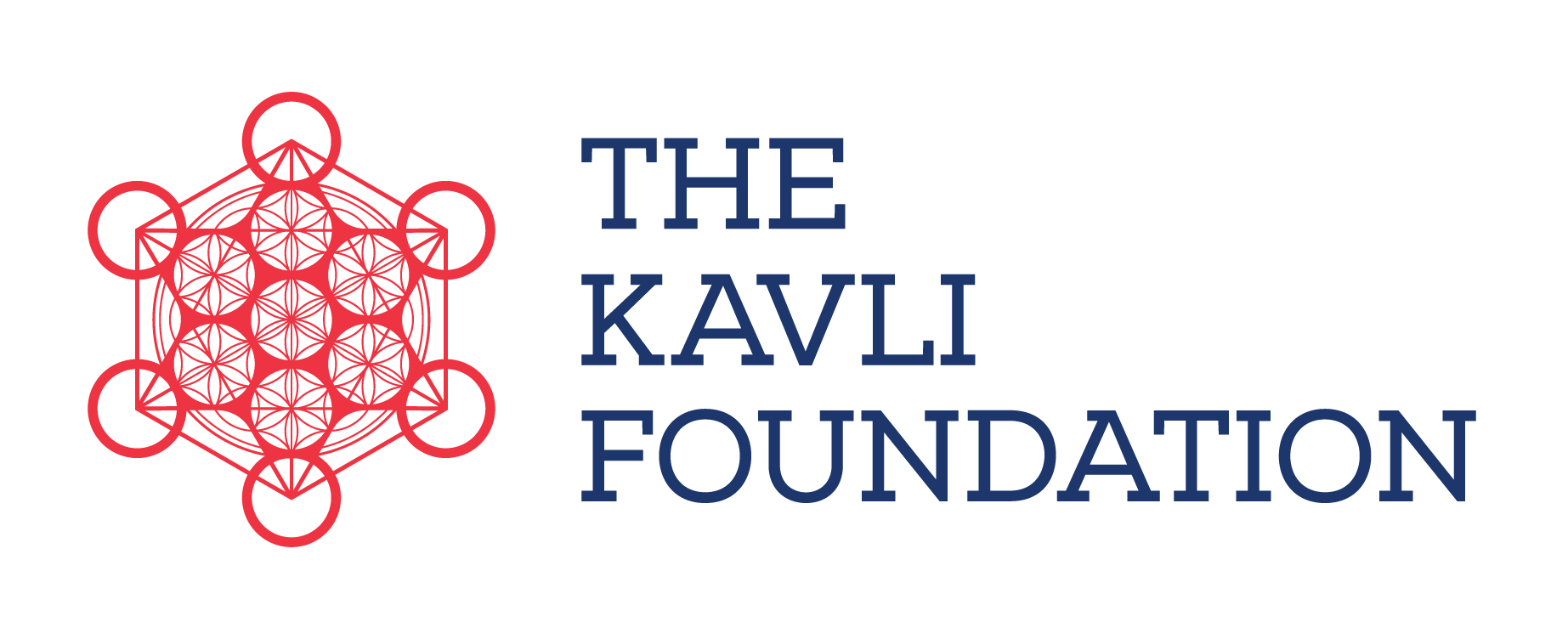In Japan, education is compulsory at the elementary level for children age from 6 to 12 and lower secondary levels age from 12 to 15. Even though upper-secondary school (high-school) is not compulsory in Japan, most junior high school graduates enter high schools. Also most children less than 6 years old as of April 1st enter either kindergarten (“Yochien”) or daycare school (“Hoikuen”). There are large variations in the services they offer. Neither public nor private facilities are free of charge. But generally speaking, the public facilities are less costly and are run by the municipal offices. Inquiries about their services and entering should be made at the city office of your residence. For private facilities, please contact their offices directly. The Japanese school year starts in April.
Kindergarten (“Yochien”)
From 3 years-old to before elementary school, children can enter kindergarten
A Japanese kindergarten is similar in many ways to a US kindergarten–a half-day of learning that prepares children for the first year of school.
Daycare (Nursery) School

From 0-1 years-old to before elementary school, children can enter nursery school.
Daycare is especially designed for working parents. They last all day and most provide lunch. Parents are not expected to be heavily involved. However, they tend to be less academically oriented than kindergarten.
Donguri Day Nursery (Donguri Hoikuen) on campus
"Todai Kashiwa Donguri Day Nursery (Donguri Hoikuen)" is operated by the University of Tokyo and located in Kashiwa Campus. This place accepts children between two months old and 6 years old, who are raised by the university employees and students. It is open from Monday to Saturday and closed on Sundays, national holidays, and the New Year holiday. There are three types of childcare services: regular service, Saturday service, and occasional service. The regular service is available for an University of Tokyo employee working full time or the university full-time student. If there are two parents in the home, the second parent must also be a full-time student at any school or working full time at any company or institute. Open hours for the regular service are from 8:30 to 18:30 (or from 9:00 to 19:00) between Monday and Friday, with possible extension in the morning (from 7:30) and in the evening (until 21:00). Open hours for the Saturday service is from 8:30 to 19:00, and hours for the occasional service are from 7:30 to 21:00.
To apply, we need a certificate of employment for both you (applicant) and your spouse (either a certificate of enrollment or a copy of your student ID and a letter of recommendation from your adviser if you are a student). Please apply at the office of Donguri Hoikuen by filling an application form accompanied by those documents. Applications must be done two months ahead of the requested starting month (first day of the month) for the regular and Saturday services, and one month ahead (first day of the month) for the occasional service. We may request an interview and medical report during the selection process. An outcome of the selection will be sent to you by mail. We will request a meeting of the parents and the nursery staff before actual service starts.
For greater details, please refer this web site.

International Day Nursery Schools around campus
https://littlegarden-inter.com/center/kashiwanoha/
https://www.kdi.ac/classrooms/detail/2157/
https://smilekidsinternational.com/
Elementary School and Junior High School
For elementary school and junior high school, you can choose either public school or private school. Public schools are basically free of charge except class materials other than textbooks, e.g. school lunch, school uniform, and cost for outside- class activities. For enrolling or transferring your child to a public school, you have to make necessary arrangement at the city hall of your residence. They will specify which school your child will be enrolled. A child is usually assigned to a class of the same age group, but a temporary assignment to a lower class is possible depending on difficulty a child might have with Japanese. Many schools offer special help to children who have difficulty with Japanese. You should ask teachers in the school or the Board of Education office in your city.
For private school (including international schools), you must apply directly at their office. You must bear the cost of sending children to private school. Tsukuba International School (https://tis.ac.jp/) is an IB World School in Tsukuba, Ibaraki. Also, there is another international school in Makuhari (Makuhari International School, https://www.mis.ed.jp/), Chiba.
High School
High school education is not compulsory and not free of charge regardless of whether it is public or private. Applicants must pass an entrance examination before being admitted. Some regions impose certain limitation as to the schools one can enter depending on where they live. For further details, contact the school office of your preference.
**Here are the websites of Kashiwa City and Nagareyama City concerning local education. Unfortunately, their English websites are not as detailed as their Japanese ones at the moment. If you are willing to know more about local education, feel free to contact us.
- Kashiwa City Raising Child and Education
- Nagareyama City
This website provide wide spectrum of information of Japan targeted for people relocating themselves in Japan. See the article titled "International School." You will be able to access to various types of International Schools in Japan.






